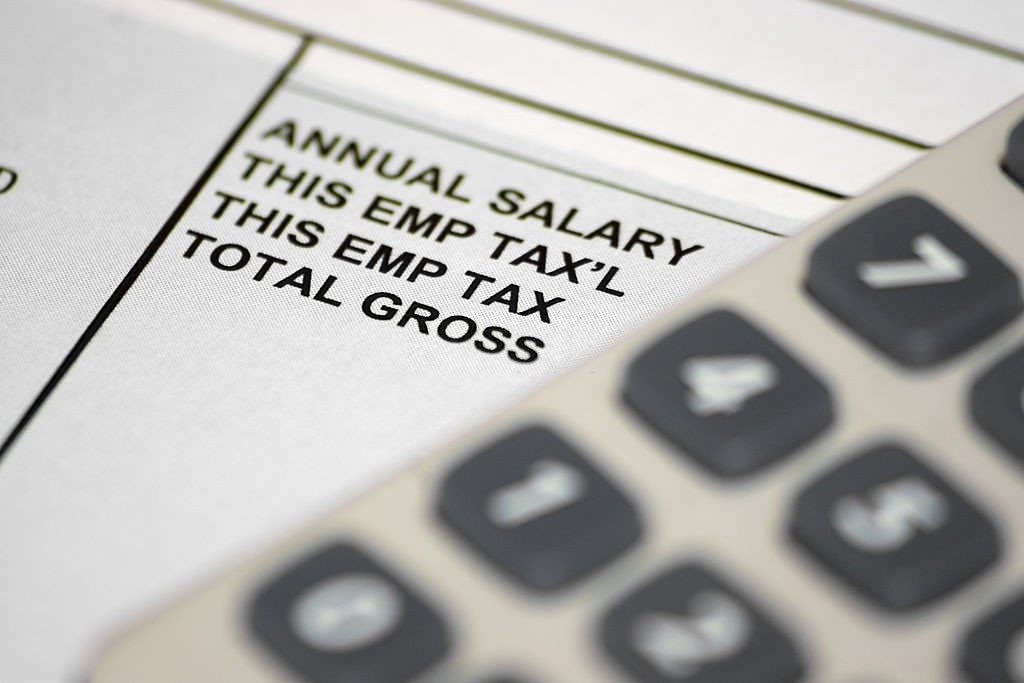The IRS has broad collection powers. These powers generally trump state law. This is even true of state Limited Liability Company (“LLC”) rules that prevent parties from suing or reaching the LLC’s assets. There are nuances to these rules when it comes to income and payroll taxes. The payroll tax rules have changed completely. Many…
Category: Tax Procedure
Tax Procedure
From IRS audits and appeals to tax litigation and penalties, our tax attorneys can help you navigate the tax procedure landscape with confidence. Give us a call to see how we can help, (713) 909-4906.
Substantial Compliance: Finding Acceptance With the IRS
A professor can increase overall class scores for extra credit. A police officer is authorized to issue warnings for minor traffic infractions. A judge can allow a defendant to plead guilty to a lesser charge when justice warrants it. These situations involve individuals who have a certain level of authority or power in a particular…
Strategy for Paying Employment Taxes Late
Employers are generally required to withhold employment taxes from employee wages. The employer then remits these withheld employment taxes to the IRS. These are referred to as trust fund taxes, as they are held in trust pending payment to the IRS. Employers are also required to pay employment taxes for employees based on the wages…
One Ex-Spouse Void the Other’s Alimony Deduction: Tax on Alimony
Assume that a divorce decree says that a payment is to be made to an ex-spouse. Does that mean that it is alimony the ex-spouse has to report as income for Federal income tax purposes? And if not, can the ex-spouse who receives the payment request a ruling from the IRS to say that the…
Can Court Force Taxpayers to Hire Tax Attorney?
Have you ever tried to represent yourself in a legal matter? It’s not easy, and the court usually advises against it. But what happens when a taxpayer repeatedly refuses to hire an attorney and insists on representing themselves in a criminal tax matter? This was the issue at hand in the United States v. Baucom,…
IRS Tax Attorneys Realign Organization Structure
The IRS Office of Chief Counsel employs the IRS’s own tax attorneys. These attorneys handle most of the civil tax court matters for the IRS. Whenever the IRS implements changes to its organizational structure or management team for this function, it warrants close attention and analysis from taxpayers, tax professionals, and other stakeholders. Such changes have…
Aggressive State Tax Collections
If you owe back taxes, the general rule is that you pay the state and then negotiate with the IRS. The reason for this is that the states are particularly aggressive when it comes to collecting back taxes. Some states are more aggressive than others. And their practices vary over time. In the event of…
Offer in Compromise Deemed Accepted by the IRS
The IRS consumes volumes of information. It processes this information largely by processing paper forms. This includes paper forms submitted by you, the taxpayer and your tax attorneys, and by internal forms created by IRS employees. This inefficient paper form submission and processing is complemented by an insistence on sending taxpayer notices by mail. The…
Can Taxpayers Withhold Payment Pending Government Response?
As citizens, we sometimes seek answers from the government, be it information about UFOs or more practical questions such as what provision grants the IRS the right to collect taxes. For years, tax protesters have been asking the latter, only to be met with evasive responses from the IRS. The case of We the People…
Prepaying Taxes Before Bankruptcy Filing
Unlike tax laws that establish a specific amount due, bankruptcy laws define what is not due. These conflicting policy objectives can lead to unique outcomes in cases of unpaid taxes. For instance, what happens to taxes held by the IRS but not yet applied to a future tax liability when a taxpayer overpays their taxes…










